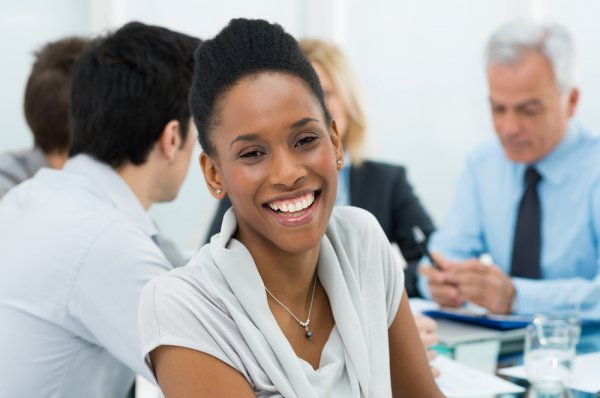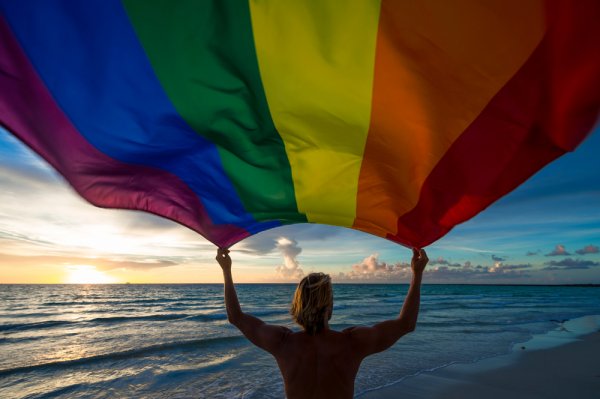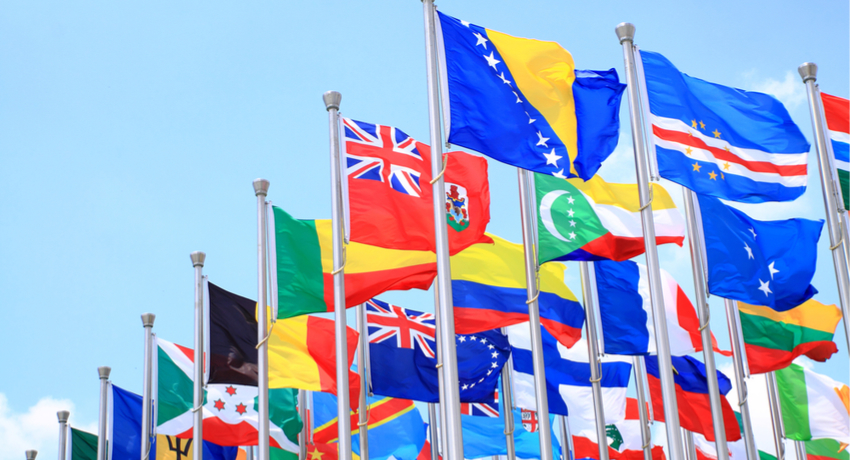The face a nation portrays to the outside world is often through its diplomats. Yet which diplomats are holding positions of leadership in international affairs? Do they reflect the makeup of their country’s population? How gender diverse is this sphere? How many are ethnically or culturally diverse women? Are there any indigenous representatives?
When asked to showcase the idea of the true Australian and celebrate mateship between Australia and the US, the Australian Embassy in US exclusively listed men – predominantly senior, white, and heteronormative as ‘mateship patrons’. This is not an isolated incident, with diplomacy globally recognised as a bastion of prestige, guided by rules of masculinity and occupied by men.
Australian women leaders in international affairs are at a critical juncture
But moves are afoot to change the image of Australians to the world via its representatives. Australian women leaders in international affairs are at a critical juncture. Women in the Department of Foreign Affairs and Trade (DFAT) make up just over 40 per cent of all overseas representative leaders.
Despite recent leadership changes, women still head up positions as both the Secretary of DFAT and the Minister for Foreign Affairs. This is markedly better than international studies which indicate that women occupy on average only 15 per cent of ambassadorial and diplomatic appointments globally, and in peace processes between 1992 and 2011, women made up only 2 per cent of chief mediators, 4 per cent of witnesses and signatories, and 9 per cent of negotiators worldwide.

But gender equality is more than just equal numbers. When you begin to break down where the leaders are, and at what rank they are, not to mention how their salary compares to their male colleagues, there remains reason to worry. Even though gender representation may be improving, women are generally stationed at lower levels and in lower status countries than their male colleagues, nuances that are not captured by quotas and targets.
And this is just one area where the focus of counting the numbers of women in leadership positions, as heads of government, as heads of universities, in cabinet, in top companies, falls short. The women’s representation discussion has moved beyond simply counting, to instead delve into a much richer picture of which women, in all their intersectional diversity, are holding these positions of leadership in international affairs? Who do we feel truly represents ‘us’? Diversity in diplomacy is not just ‘nice to have’ – diversity is important for increasing diplomatic effectiveness and legitimately representing a nation.
In Australia, the highest-prestige positions remain dominated by white heterosexual men across all agencies. Further, although many agencies have made specific efforts to increase gender equality and representation, there remains little to no diversity beyond an increase of women leaders. Ethnic diversity is a key issue, with Australia’s first indigenous woman ambassador, Julie-Ann Guivarra, appointed only last year, following the appointment of our first male indigenous ambassador in 2013.
In the meantime, new forms of diplomacy are moving beyond elite leadership. Pacific feminists are shaping their own spaces for regional dialogue to counter the lack of inclusion of diverse voices and leaders. As mass technological change facilitates new and innovative ways of representing states and debating national interest in intersectional forums, it seems that slowly the distinction between official and unofficial diplomacy is eroding.
Despite policy tactics that are being introduced jeopardising LGBTI diplomats, there is reason to hope that we will see more diverse voices in diplomacy
This may help give space to new voices or those traditionally left out of diplomacy and interstate negotiation. Despite policy tactics that are being introduced jeopardising LGBTI diplomats, there is reason to hope that we will see more diverse voices in diplomacy. We are now seeing women transition in diplomatic leadership.

Diverse women are speaking out at the COP in Bonn, from youth, LGBTIQ and women-led social movements, to government delegations and regional institutions. Lesbian women are able to openly lead their countries as ambassadors, and in parts of the world indigenous women are finally getting the opportunity to represent their country in roles which have traditionally marginalised, silenced, and excluded them, ‘othering’ them within their own countries.
The conversation to be had is not just about tackling gender equality in leadership and diplomacy by increasing the numbers of women. Now we must ask, which women and which voices are we not properly celebrating, recognising and representing? It is time for a more nuanced focus on the diverse identities of women breaking down barriers to leadership in international affairs.
This article was originally published on Global Institute for Women’s Leadership, King’s College London, and has been reproduced here with permission.
Dr Jane Alver is a Senior Research Fellow in the Faculty of Business Government and Law at the University of Canberra. Her research area is civil society activism for gender equality.





